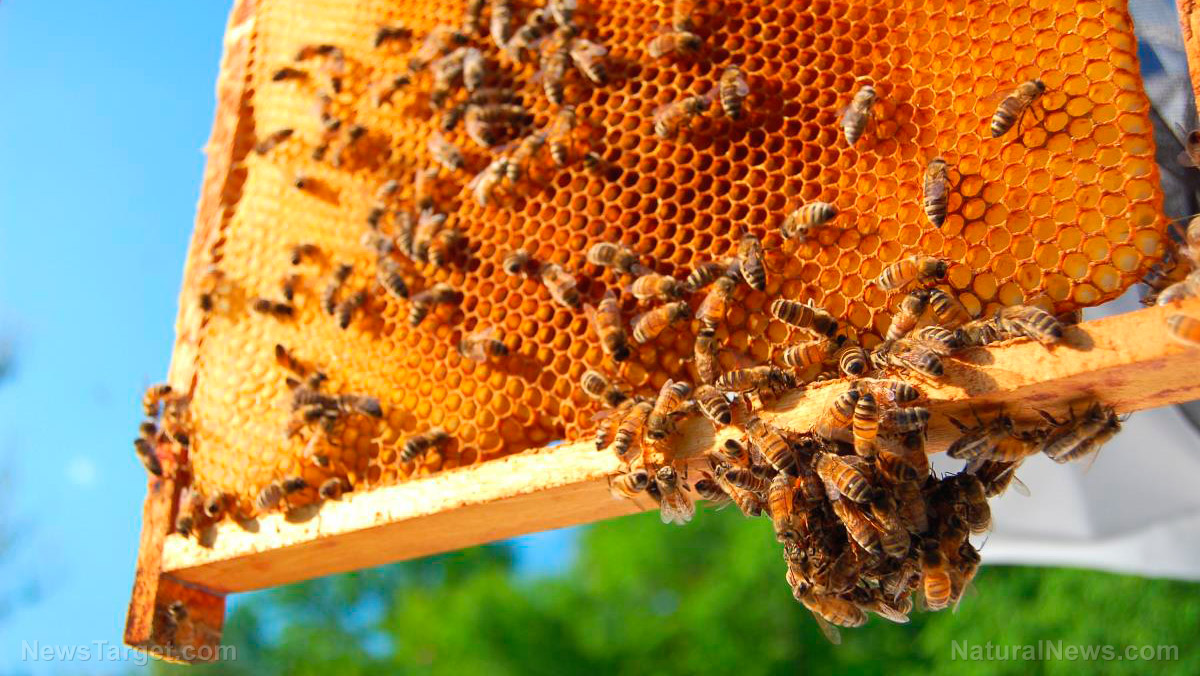High pesticide exposure in pregnant women found to cause birth defects and low birth weight
09/06/2017 / By Russel Davis

High pesticide exposure may negatively affect birth outcomes in pregnant women, a study published in Nature Communications showed.
Previous research on the link between pesticide exposure and birth defects showed ambiguous results. To address this, a team of researchers at the University of California – Santa Barbara examined birth outcomes in San Joaquin Valley. The region currently produces one-third of the country’s vegetables and two-thirds of its fruits and nuts, suggesting a heavy pesticide use in the area.
The research team then examined individual birth certificate records of more than 500,000 single births between 1997 and 2011. Data on pesticide use were also assessed to determine how the toxic chemicals affected birth outcomes.
The results showed that mothers with extremely high pesticide exposure levels — which equated to being exposed to about 4,200 kilograms of pesticides applied in one-square-mile regions — suffered a plethora of birth defects such as low birth weight, shorter gestational length, pre-term birth, and other birth abnormalities.
“For the majority of births, there is no statistically identifiable impact of pesticide exposure on birth outcome. Yet mothers exposed to extreme levels of pesticides, defined here as the top five percent of the pesticide exposure distribution, experienced between five and nine percent increases in the probability of adverse outcomes with an approximately 13-gram decrease in birth weight,” lead author Ashley Larsen said in a Science Daily article.
“We don’t have a good understanding of how different chemicals interact with each other in the environment. Additional work is needed to understand which chemicals or combinations of chemicals are most dangerous to human health…If we can identify where and why these extremely high levels of use are occurring, particularly near human settlements, policymakers and health workers can work to reduce extreme exposures near agricultural communities via information campaigns or farmer outreach,” Larsen added.
Previous studies show link between pesticide exposure, birth woes
The recent findings coincide with previous studies linking pesticide exposure and adverse birth outcomes.
A 2012 study revealed that increased exposure to organophosphate pesticides may lead to lower birth weight. To carry out the research, health experts from the U.S. and Canada examined urine samples from 306 pregnant women in Cincinnati.
The researchers found that each 10-fold increase in pesticide exposure was associated with reduced pregnancy time of about half a week. The experts also noted that high pesticide exposure level was tied to a 150-gram decrease in infant birth weight. (Related: BOMBSHELL: Anti-Zika pesticides found to cause neurological damage.)
According to the experts, women may reduce their pesticide exposure by choosing organic foods, washing fruits and vegetables thoroughly, and avoiding pesticide use at home.
Pesticide use was also tied to increased odds of birth defects in another study. As part of the research, health experts at the Indiana University School of Medicine analyzed more than 30 million births in the U.S. between 1996 and 2002.
The researchers observed significantly higher rates of birth defects — such as spina bifida, cleft lip, clubfoot, and Down’s syndrome — in women whose last menstrual period was in April, May, June, or July. Experts said this was around the same time when increased levels of nitrates, atrazine, and other pesticides were detected in surface water.
“Elevated concentrations of pesticides and other agrochemicals in surface water during April through July coincided with significantly higher risk of birth defects in live births conceived by women whose last menstrual period began in the same months. While our study didn’t prove a cause and effect link, the fact that birth defects and pesticides in surface water peak during the same four months makes us suspect that the two are related,” study first author Dr. Paul Winchester told Health Day online.
Sources include:
Tagged Under: Birth defects, birth weight, Chemical exposure, chemicals, pesticide, pregnancy, toxic chemicals



















